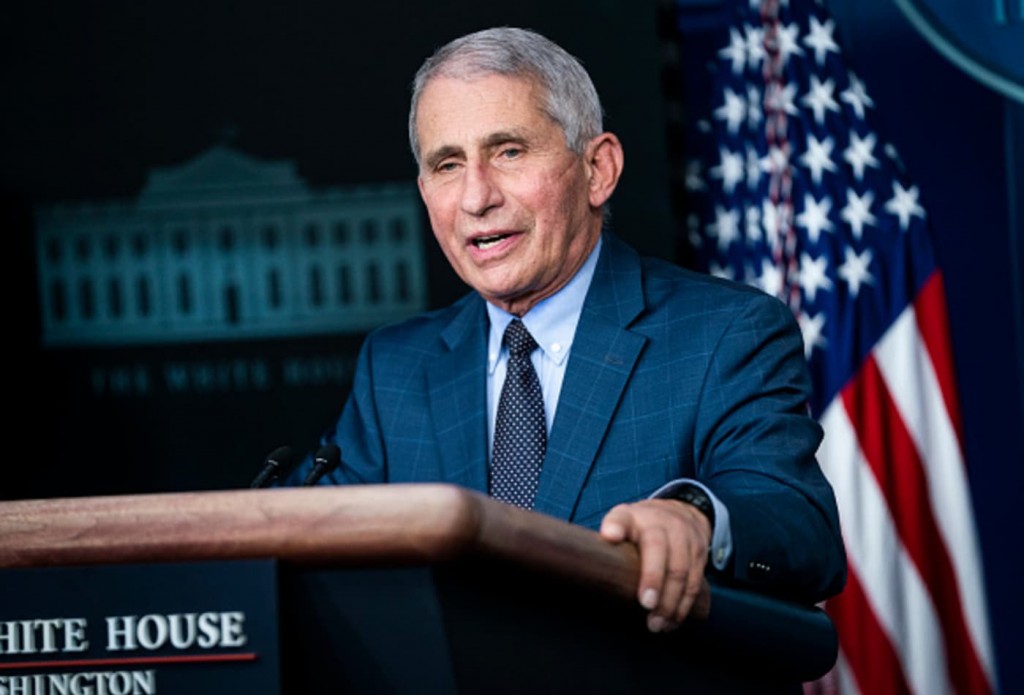~ Sabith Khan, PhD
Imagine being in a once in a century pandemic. And miraculously, a group of scientists discovers a vaccine that actually works, all in a matter of months. Then, the vaccine starts to roll out. But there is one problem: a good segment of the population refuses to take it.
This imaginary situation is not so imaginary, as it is playing out across the U.S., today.
“I really don’t think it’ll work,” they say.
“I get sick every time I get vaccinated,” others point out.
Of course, you want to address their concerns and anxieties, given we are living in a real scenario and not an imaginary one, as mentioned above.
Dr. Gil Ayal, a professor who studies the sociology of expertise asks the question: “In an age when the federal government has attacked every conceivable norm, with anti-maskers questioning the legitimacy of all forms of expertise, how relevant is expertise in our world?” (Ayal, 2019).
In the U.S, this tension was manifest in the tug of war between Dr. Fauci and our past President, Mr. Trump. While the former represented science, credibility, and trust; the latter represented everything that was the opposite of that. The disinformation spread by Trump has caused lasting damage to the credibility of science – think back to his comments about drinking Clorox, Hydroxychloroquine, and a dozen other claims that had absolutely no claim in science. Here was a man, who was supposed to lead the country through a horrendous epidemic, making false claims on national TV.
If the crisis in science communication needed a metaphor, this moment was it. Thankfully, we seem to have moved past it, although in a small way. The skepticism that was sown in the minds of millions of people will bear fruit in the coming weeks and months.
So, how does one tackle disinformation and lack of trust in science?
The problem is not these anti-vaxxers don’t trust science in its entirety. The problem is the mismatch between science and politics, with each one moving at its own pace and priorities. Science is slow, deliberate, and thoughtful, while politics is fast, rapidly changing, and demands loyalty. Policy, on the other hand, is somewhere in the middle (Ayal,p.8).
The other tension that needs to be resolved to address this skepticism of science is also to tackle the issue of democracy and technocracy.
Building public trust in science and scientific expertise is also at the heart of this enterprise.
One approach, which has been pointed out by those who study expertise is to let people figure out what is a good approach for them.
Increasing transparency, inclusion, and participation in scientific consensus-building could be an idea worth exploring, he suggests.
As someone who teaches research methods, I try to impress upon students the need for understanding the skepticism that exists in some communities, that have been abused by scientists. Think of the Tuskegee syphilis study and other instances of gross abuse of scientific expertise. This could well explain why some Latinx and African American communities today don’t want to get vaccinated.
With such historical precedents, it is easy for a clever politician to exploit the mistrust in science to push their agendas.
So, what is one to do?
The answer may be a complicated one. It involves building trust, working slowly but surely to make the scientific process open to the public, involve them in aspects of decision making and communicate to build trust.

